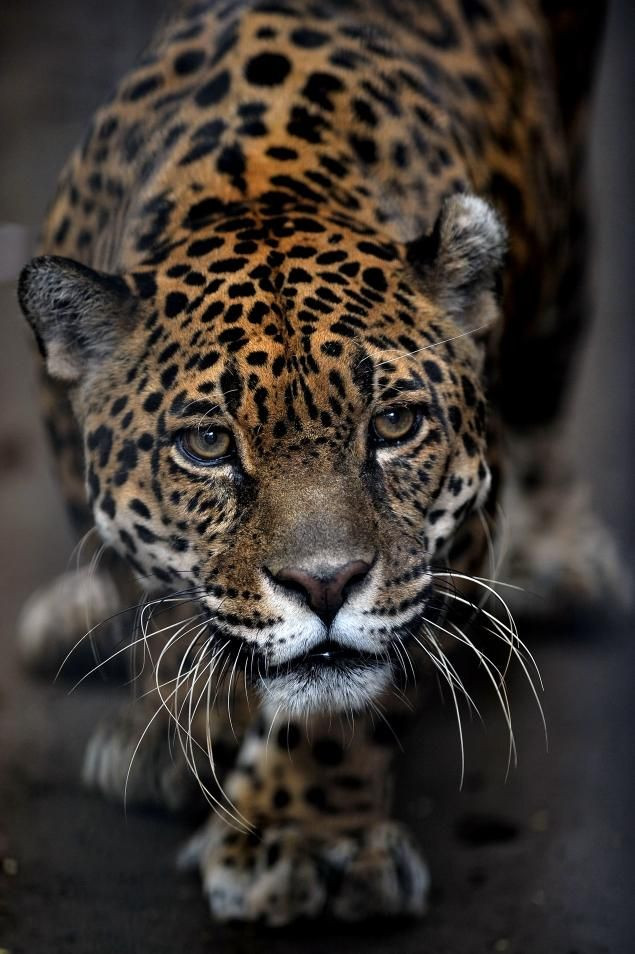
There are two zoos in Costa Rica boasting 400 animals of 60 species, including an impressive collection of big cats from around the world such as jaguars, lions and tigers. By May of next year, the plan is to have these animals returned to their natural environments. The fight to close the island country's zoos has been an arduous one starting in 2003 when the Environmental Ministry attempted to break a contract with Fundazoo, which owns both locations.
The goal, the Ministry said, is to create a better interraction between the country's human and flora-fauna populations. This idea has been laregely contested by the owners of the zoos, who said the animals weren't ready to be released into the wild. As part of the plan to reintroduce the caged animals into the wild, they will undergo a rehabilitation period in which they are prepared to enter a natural environment.
"We are getting rid of the cages and reinforcing the idea of interacting with biodiversity in botanical parks in a natural way," Environment Minister Rene Castro said in a news conference. "We don't want animals in captivity or enclosed in any way unless it is to rescue or save them."
The 97-year-old Simon Boliver zoo located in San Jose will be transformed into a botanical garden. The Santa Ana Conservation Center just west of the city will become a 51-hectacre forest reserve, the New York Daily News reported. Costa Rica's rescue services, however, are struggling to keep up with the scores of animals crowding its facilities. Rehabilitating all the animals in captivity poses the possibility of overwhelming these services, lowering the chances of making the May deadline.
Jose-Joaquin Calvo, wildlife manager for MINAE's National System of Conservation Areas, said the situation for Costa Rica's wildlife was dire. The rescue centers have already taken in more than 2,000 animals in 2013 alone and the numbers are expected to grow with the amount of animals being seized due to Costa Rica's new law banning keeping wildlife as pets. The situation has given Fundazoo representatives more leverage, as they claim neither animals nor humans are ready to undertake the challenge. Representatives of the company also said closing zoos would take away public education resources.
"We have a number of concerns about this," Fundazoo spokesman Eduardo Bolanos told local English-language newspaper The Tico Times. "Where are they taking these animals? Why do they want to stop being a zoo? Where are people going to see Costa Rica's biodiversity if they close down the country's most easily accessible public zoo?"
© 2025 Latin Times. All rights reserved. Do not reproduce without permission.



